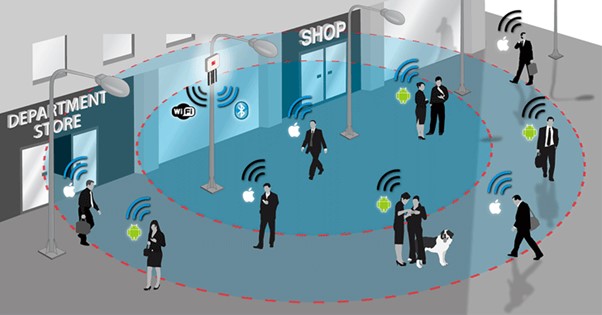How Cybersecurity Affects Your Daily Online Activities
In today's digital age, almost everything we do involves the internet—whether it’s shopping, social media, banking, or even working remotely. However, with increasing online interactions, cyber threats have also become more common. Cybersecurity plays a vital role in ensuring that our personal data, financial transactions, and privacy remain secure. Understanding how cybersecurity affects your daily online activities can help you take necessary precautions to stay safe.
Introduction
In today's digital age, almost everything we do involves the internet—whether it’s shopping, social media, banking, or even working remotely. However, with increasing online interactions, cyber threats have also become more common. Cybersecurity plays a vital role in ensuring that our personal data, financial transactions, and privacy remain secure. Understanding how cybersecurity affects your daily online activities can help you take necessary precautions to stay safe.
Cybersecurity in Social Media
Social media platforms store vast amounts of personal data, making them a prime target for cybercriminals. Hackers use phishing attacks, fake profiles, and malicious links to steal sensitive information.
How to stay safe:
Use strong passwords and enable two-factor authentication (2FA).
Avoid clicking on suspicious links or friend requests from unknown people.
Review privacy settings to limit what information is publicly visible.
Online Banking and Financial Transactions
Banking apps and online transactions have made financial management easier, but they also expose users to risks like identity theft and fraud. Cybercriminals use methods like keylogging, phishing emails, and fake banking apps to steal login credentials.
How to stay safe:
Use official banking apps and websites.
Never share your OTP, PIN, or passwords with anyone.
Enable transaction alerts to monitor account activity.
E-commerce and Online Shopping
With the rise of online shopping, cybercriminals create fake websites to steal credit card details or deliver counterfeit products.
How to stay safe:
Shop only on trusted websites with HTTPS encryption.
Avoid saving card details on websites.
Verify customer reviews before making a purchase.
Cybersecurity in Remote Work and Emails
Many professionals now work remotely, increasing the risk of cyberattacks through emails and unsecured Wi-Fi networks. Hackers use malware, ransomware, and phishing emails to gain access to confidential data.
How to stay safe:
Use company-approved security software and VPNs.
Avoid downloading attachments from unknown email sources.
Keep work and personal devices separate.
Public Wi-Fi and Cyber Threats
Using free public Wi-Fi at cafes, airports, or hotels can expose your data to hackers who intercept your connection.
How to stay safe:
Avoid logging into banking or sensitive accounts on public Wi-Fi.
Use a VPN (Virtual Private Network) to encrypt your internet traffic.
Turn off automatic Wi-Fi connections on your devices.
Protecting Personal Devices from Malware
Viruses, spyware, and ransomware can infect computers, smartphones, and tablets, leading to data loss or identity theft.
How to stay safe:
Install and regularly update antivirus software.
Avoid downloading apps or software from untrusted sources.
Keep your operating system and applications updated.
Conclusion
Cybersecurity is not just for tech experts—it affects everyone who uses the internet. By practicing safe online habits and staying aware of cyber threats, you can protect your personal and financial information. Always be cautious, use strong security measures, and educate yourself about the latest cyber risks.
.png)






Leave a Comment
Your email address will not be published. Required fields are marked *